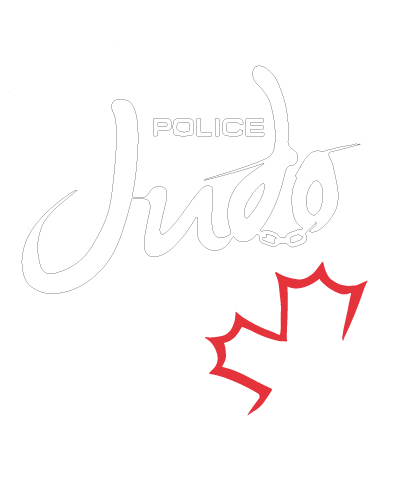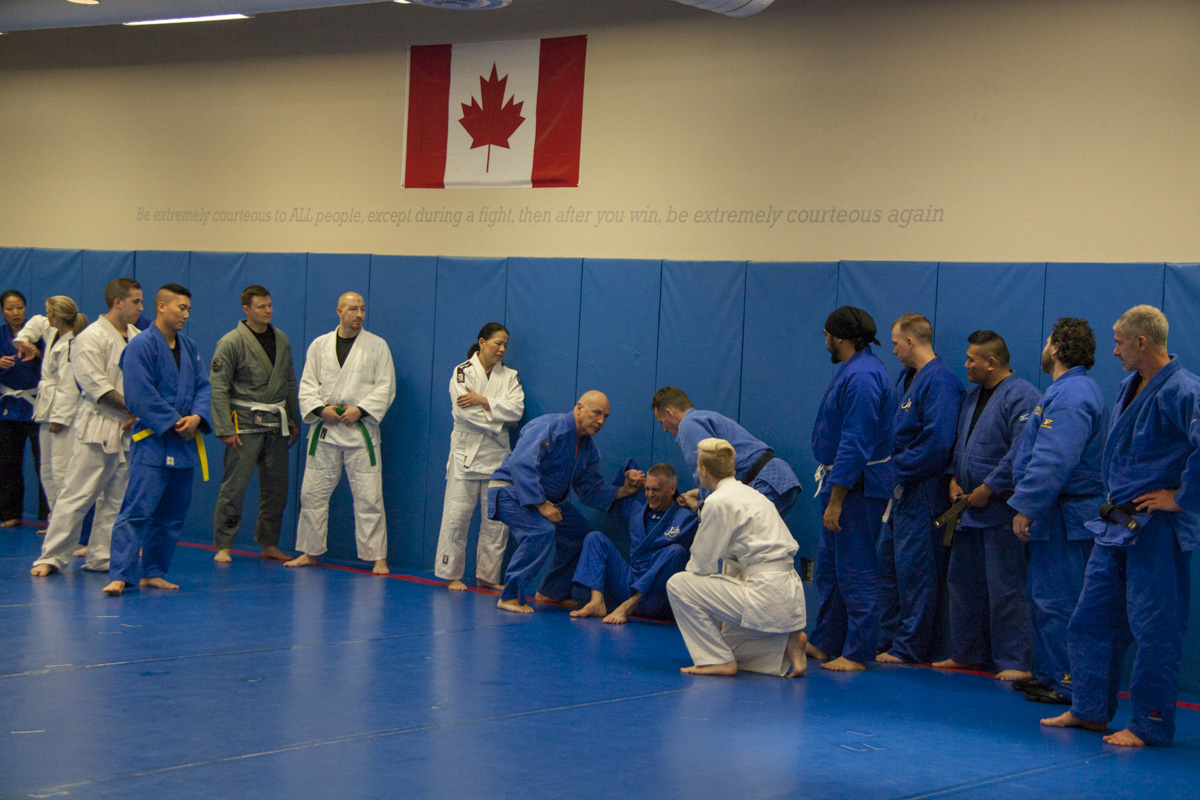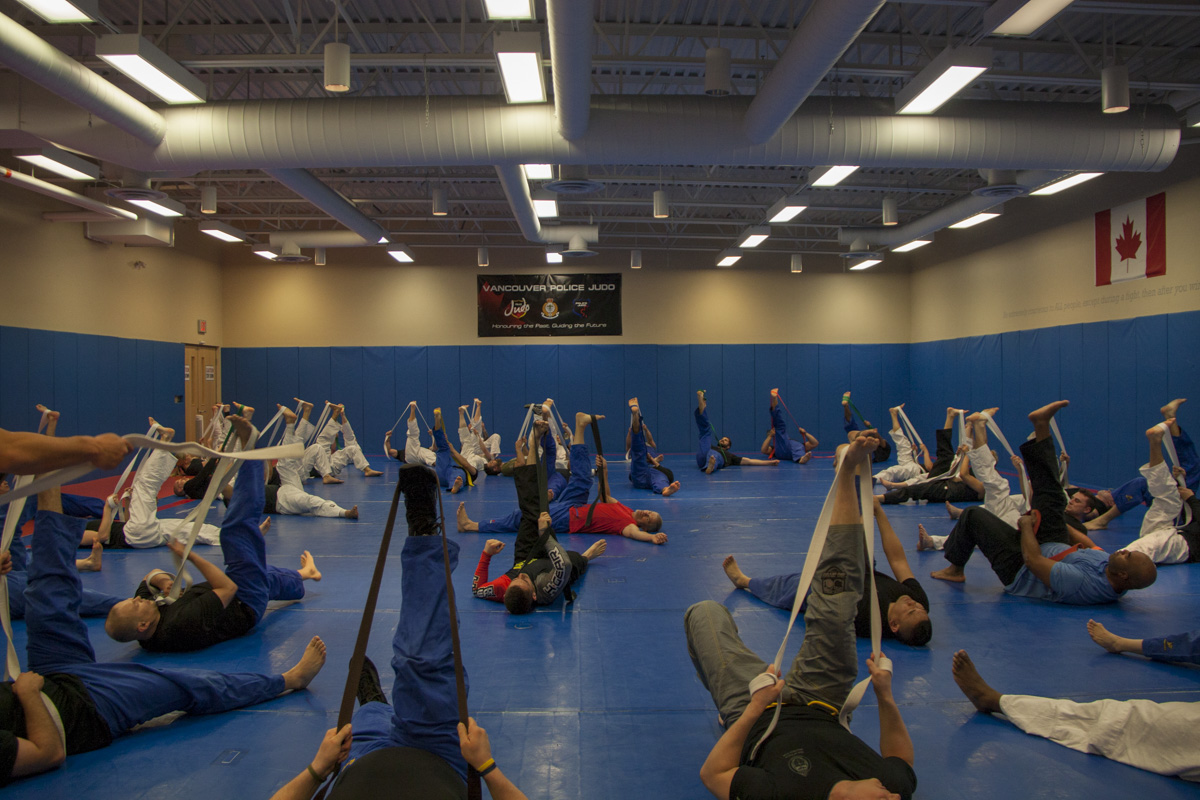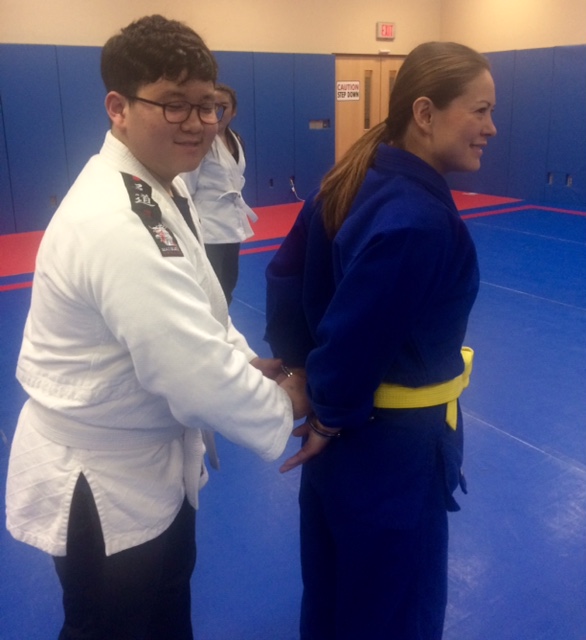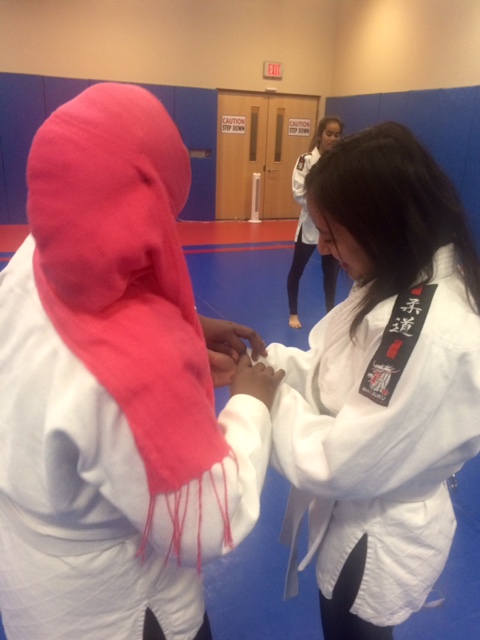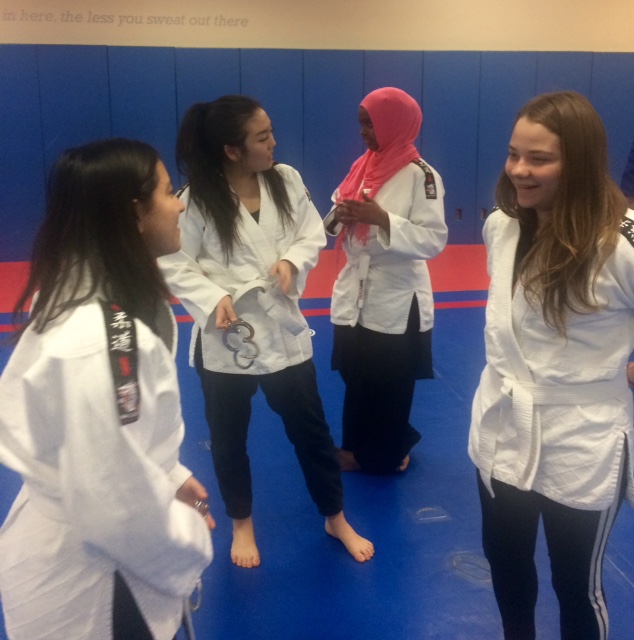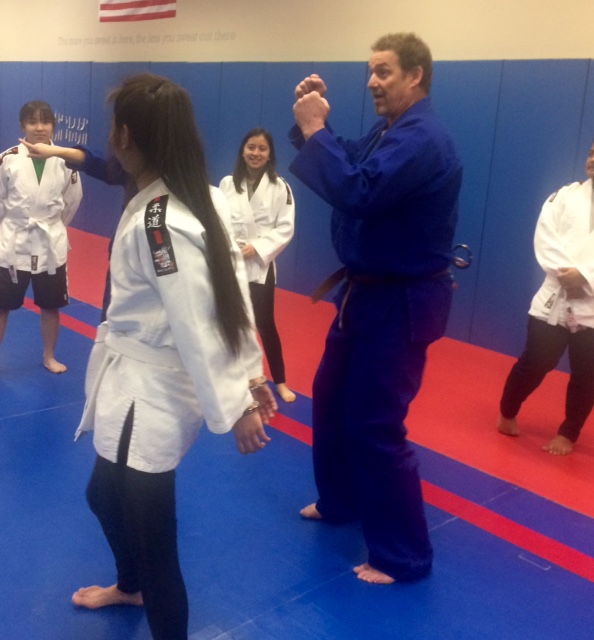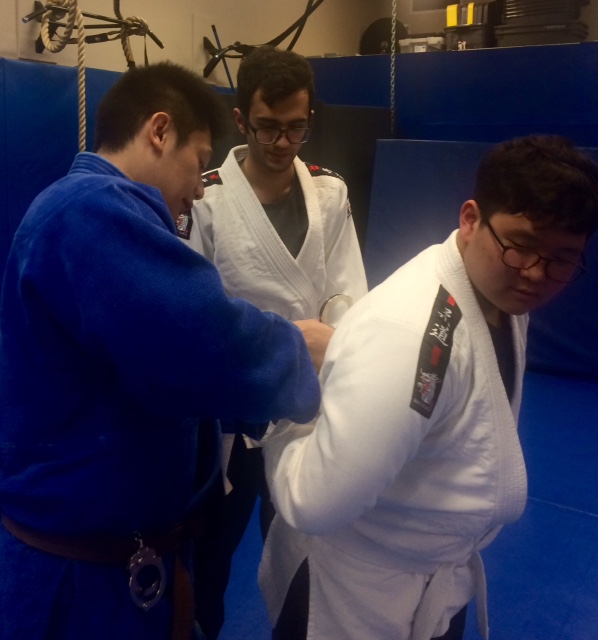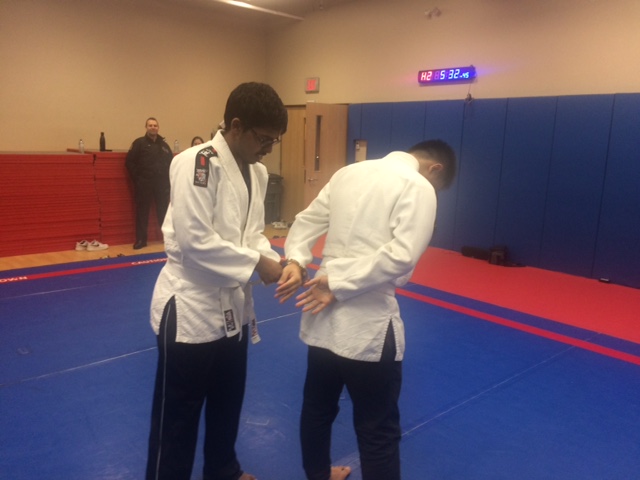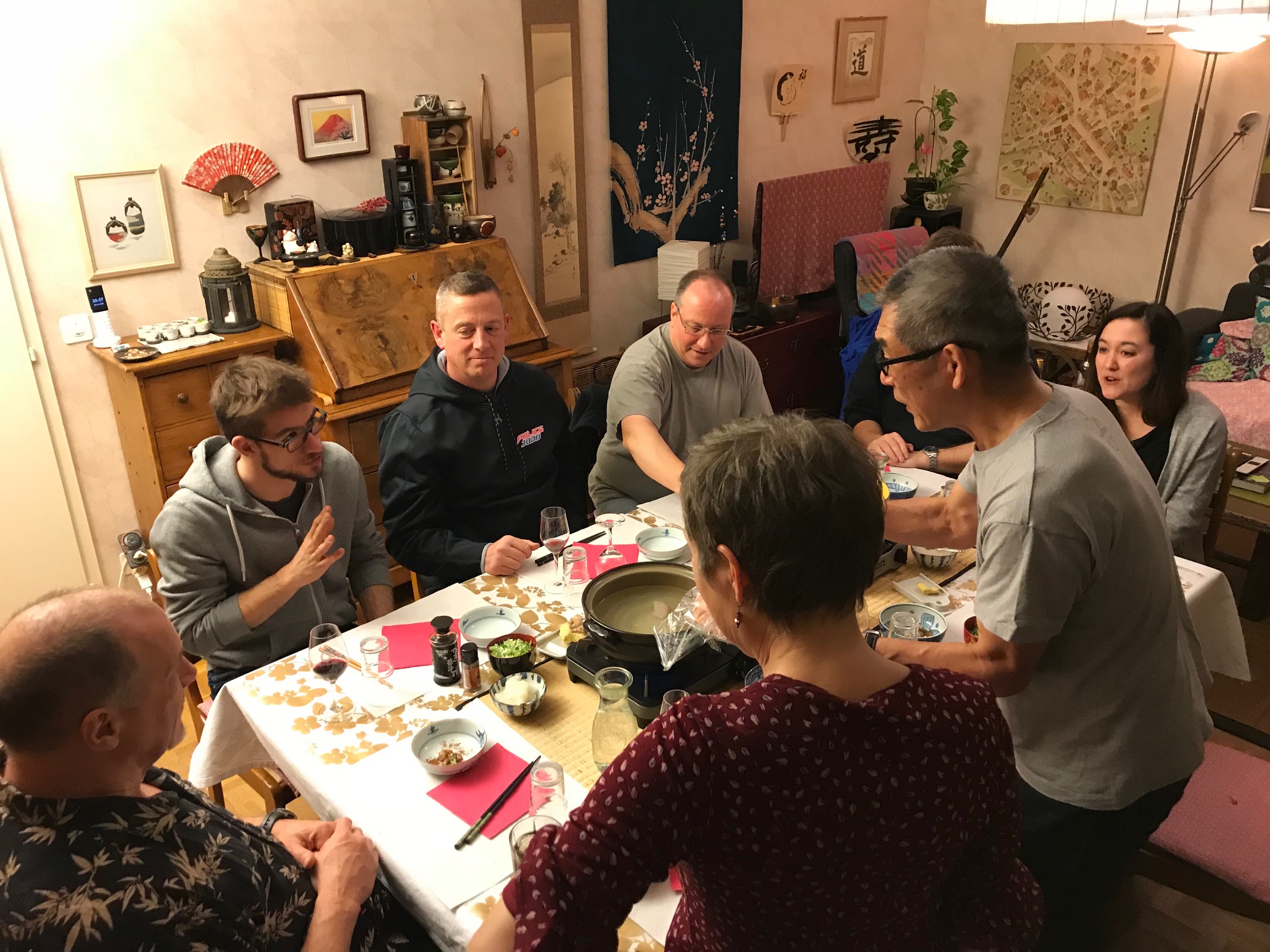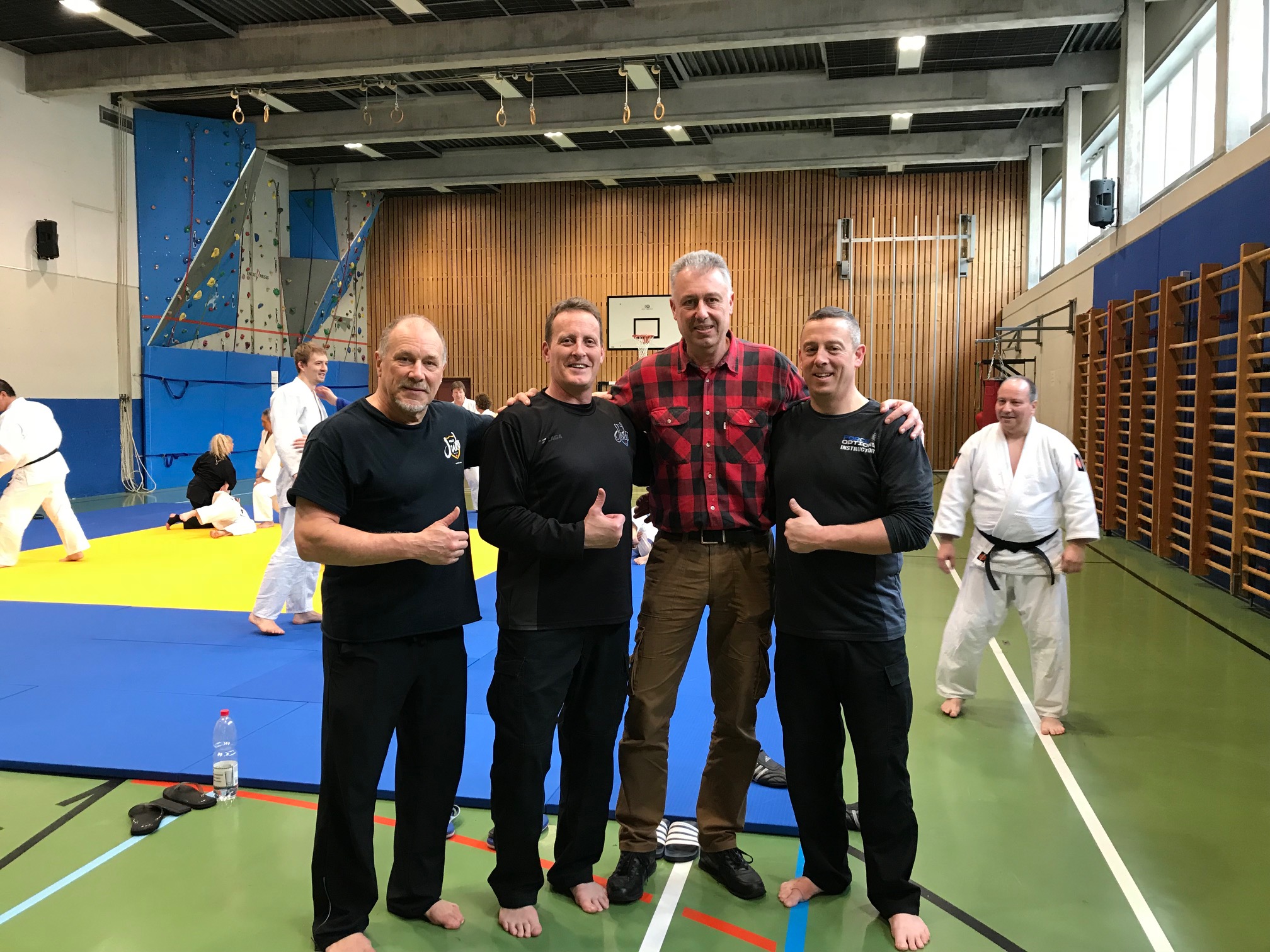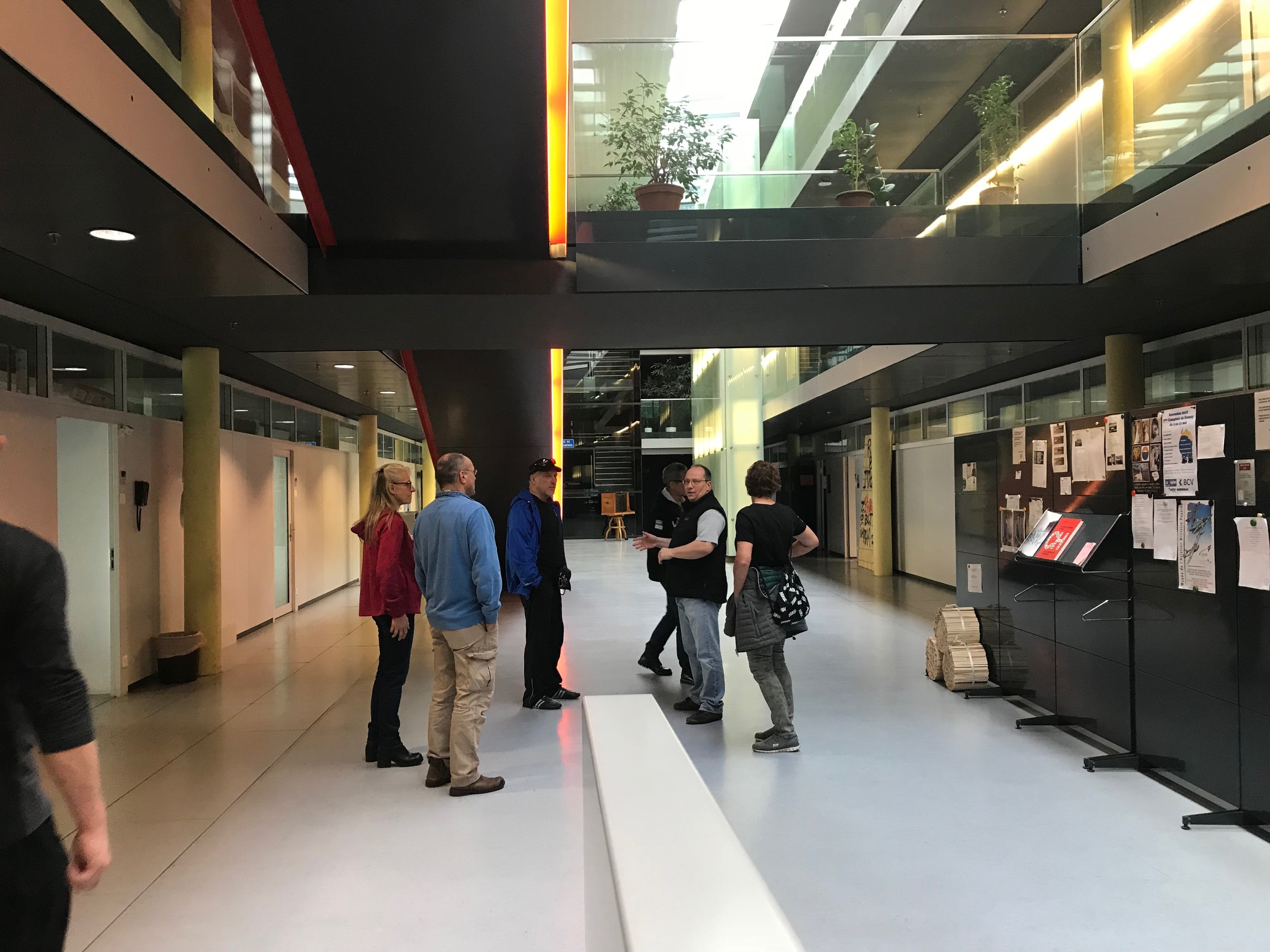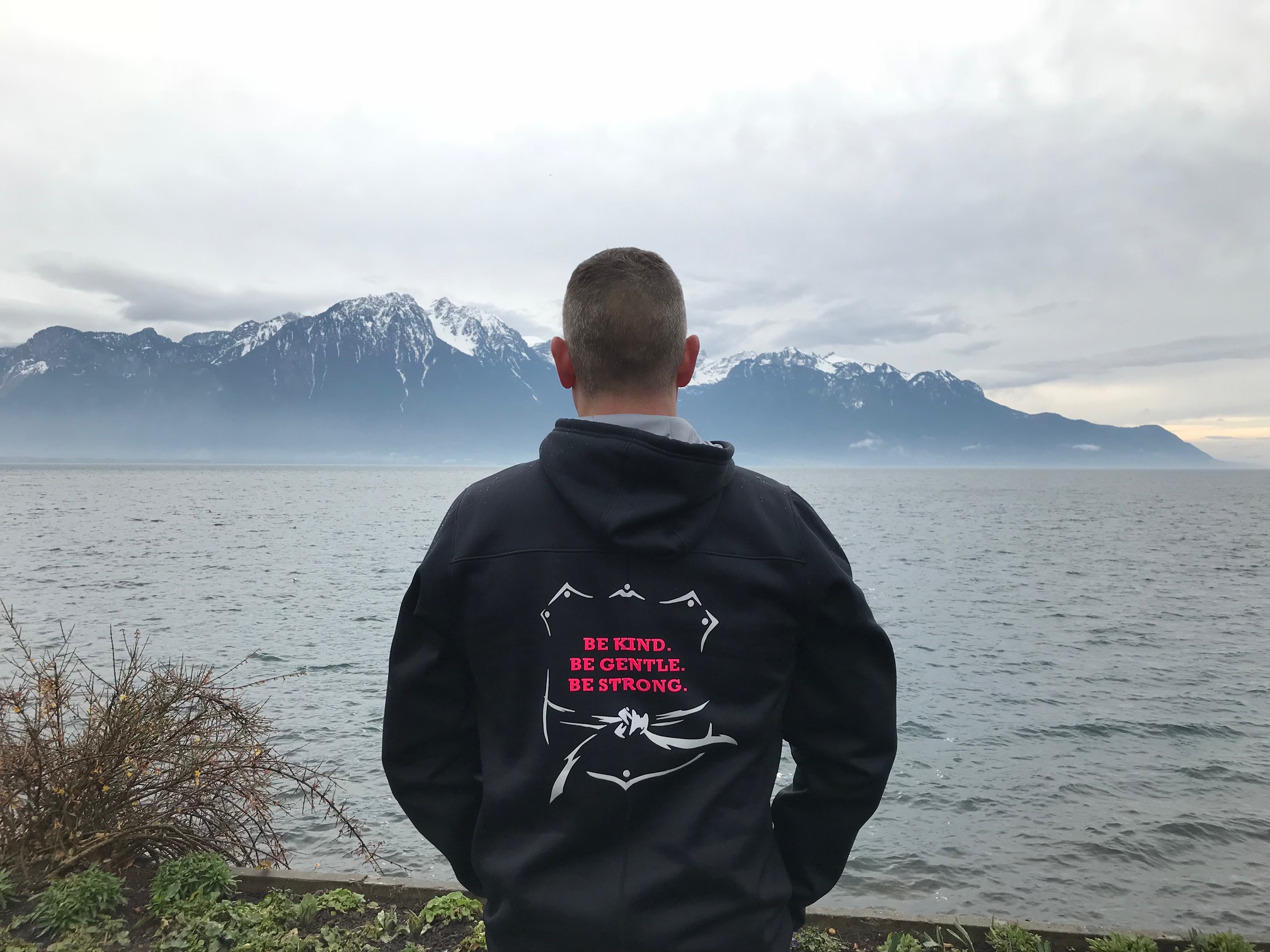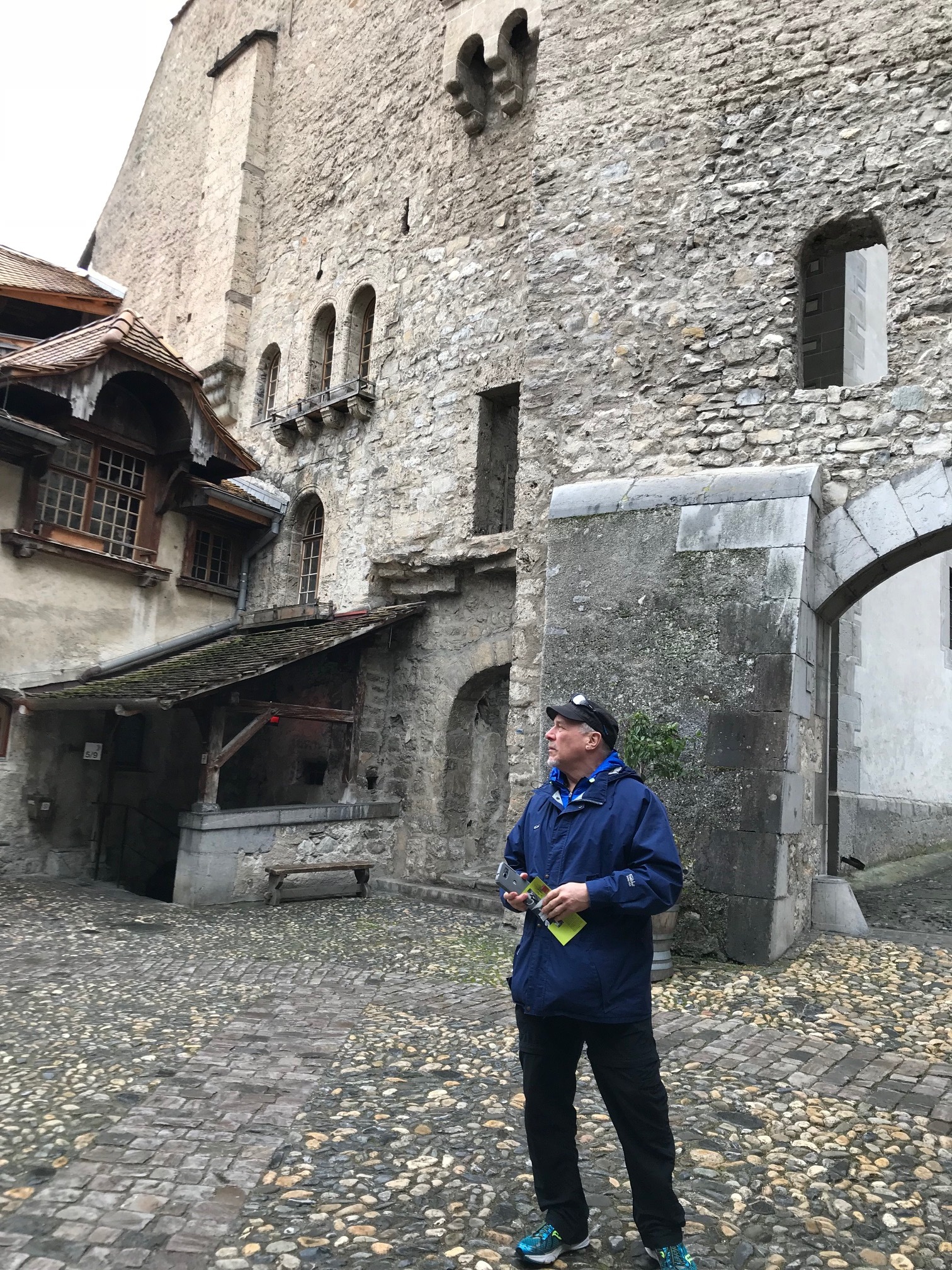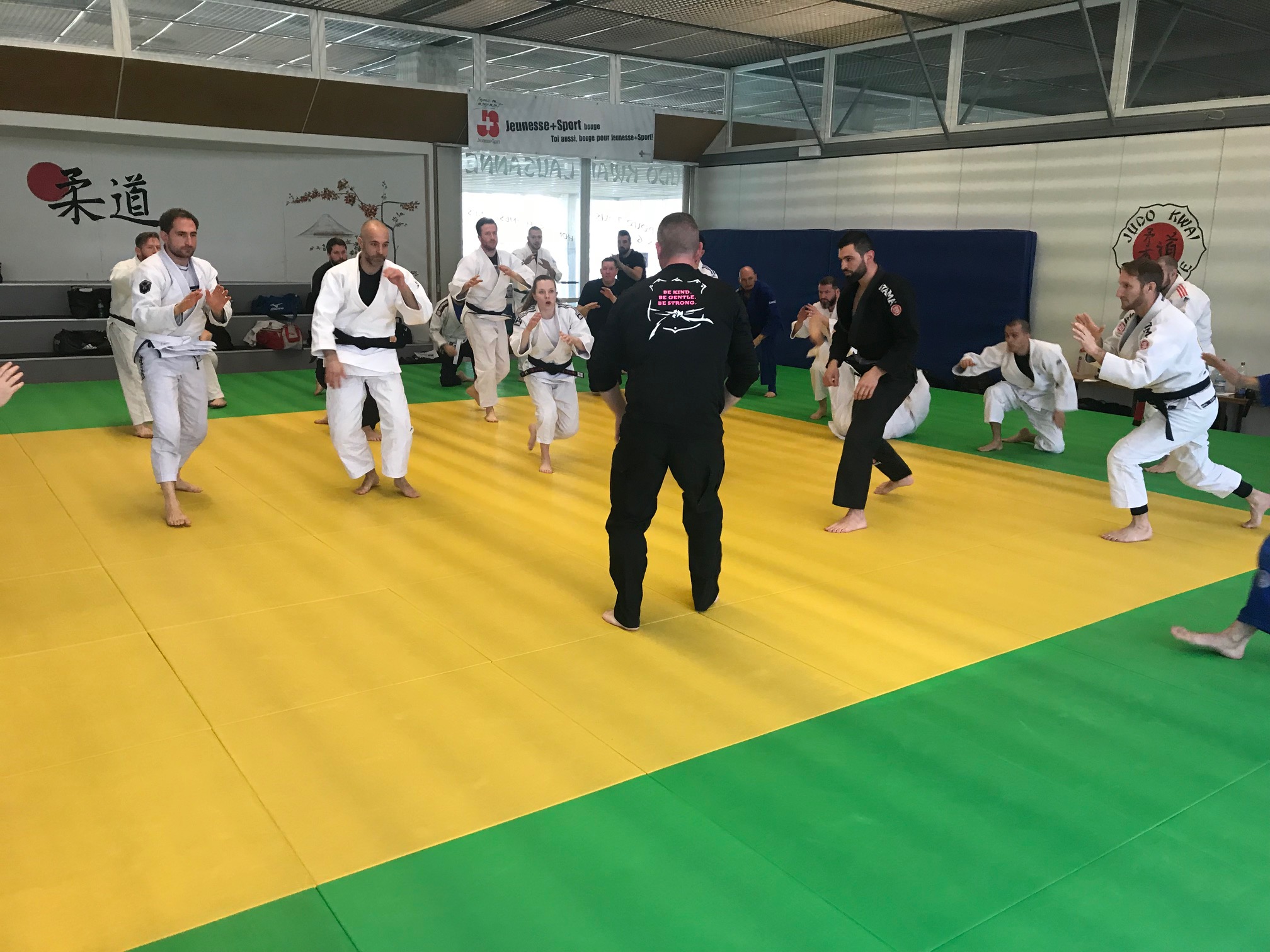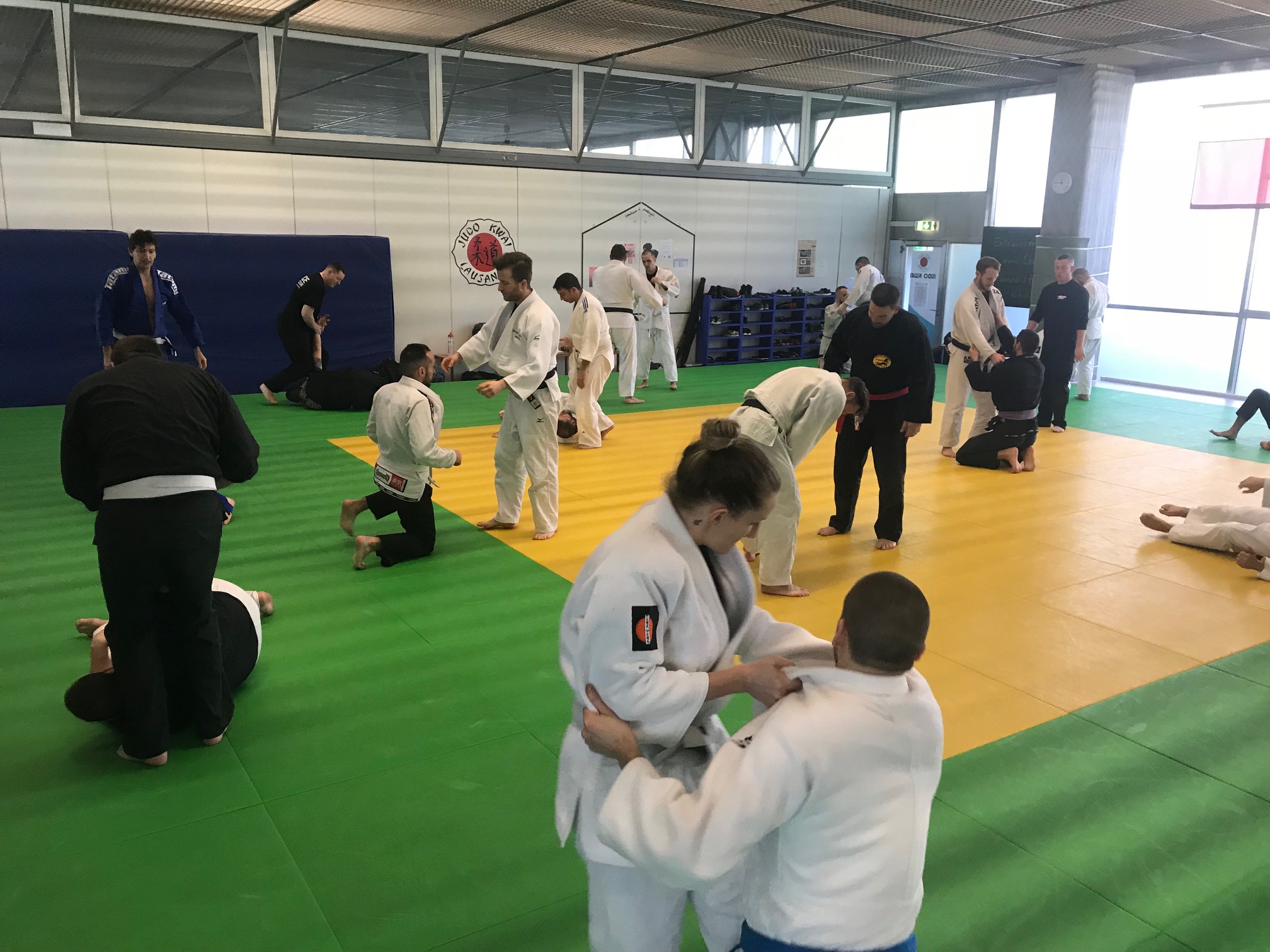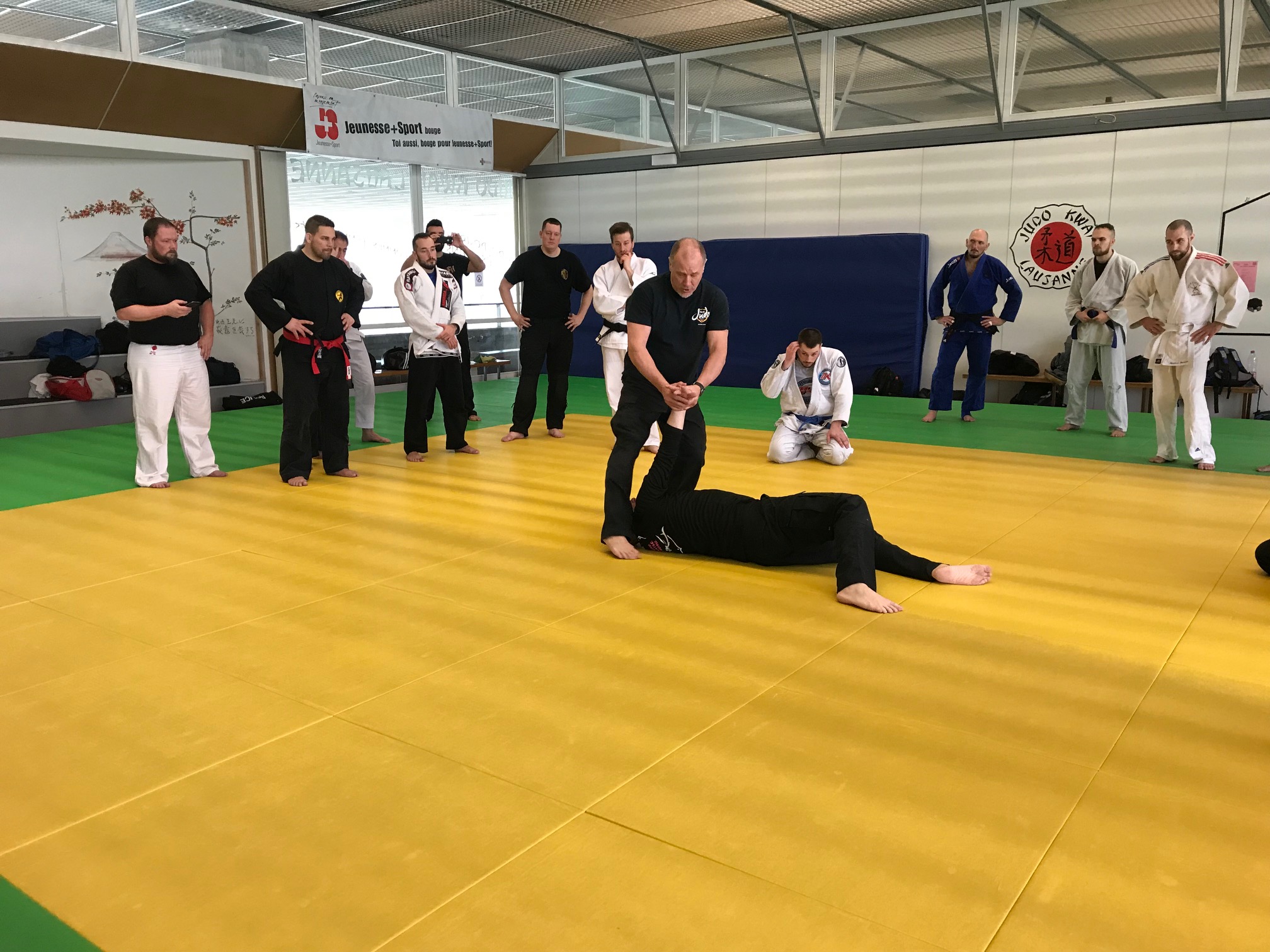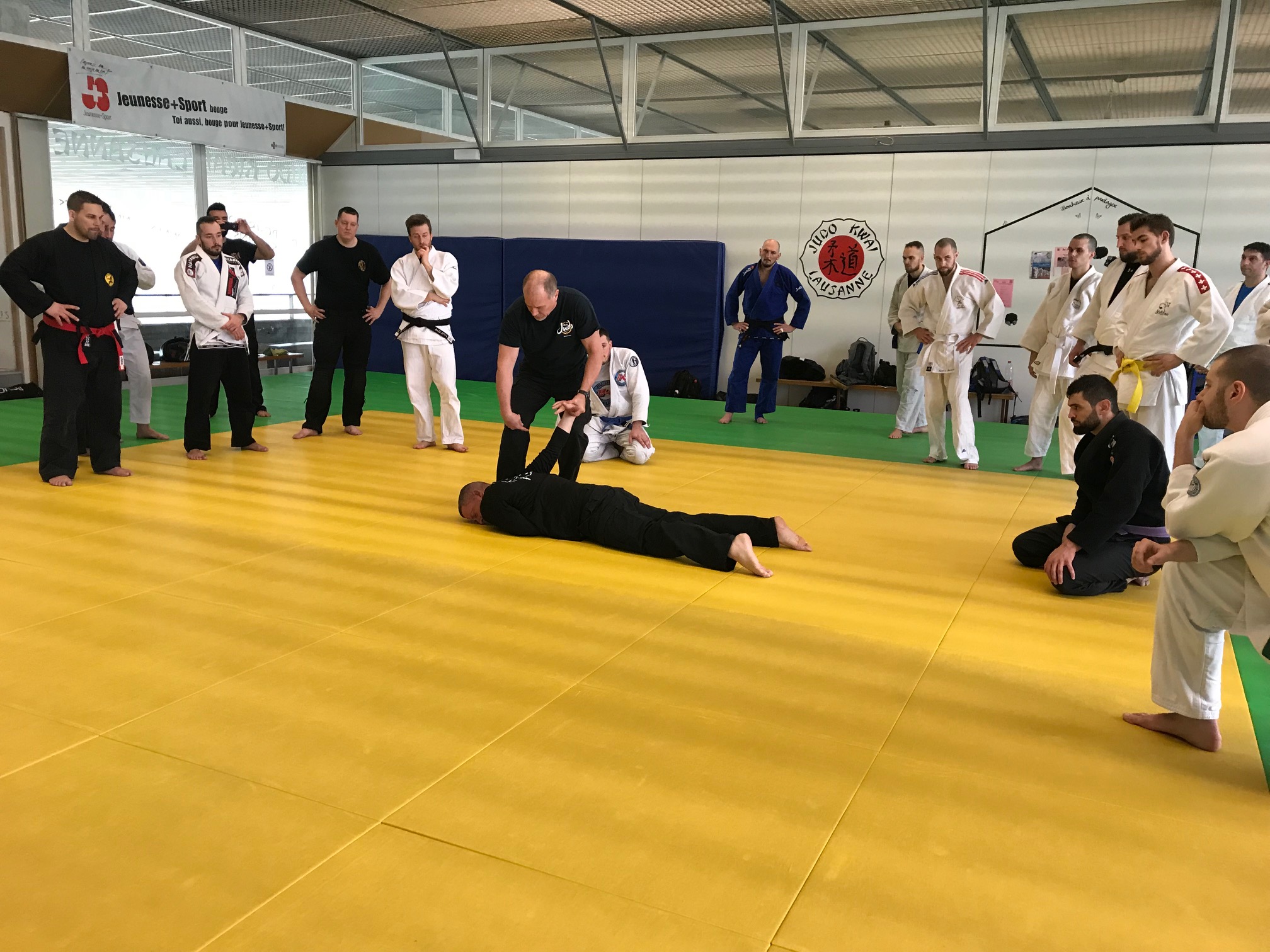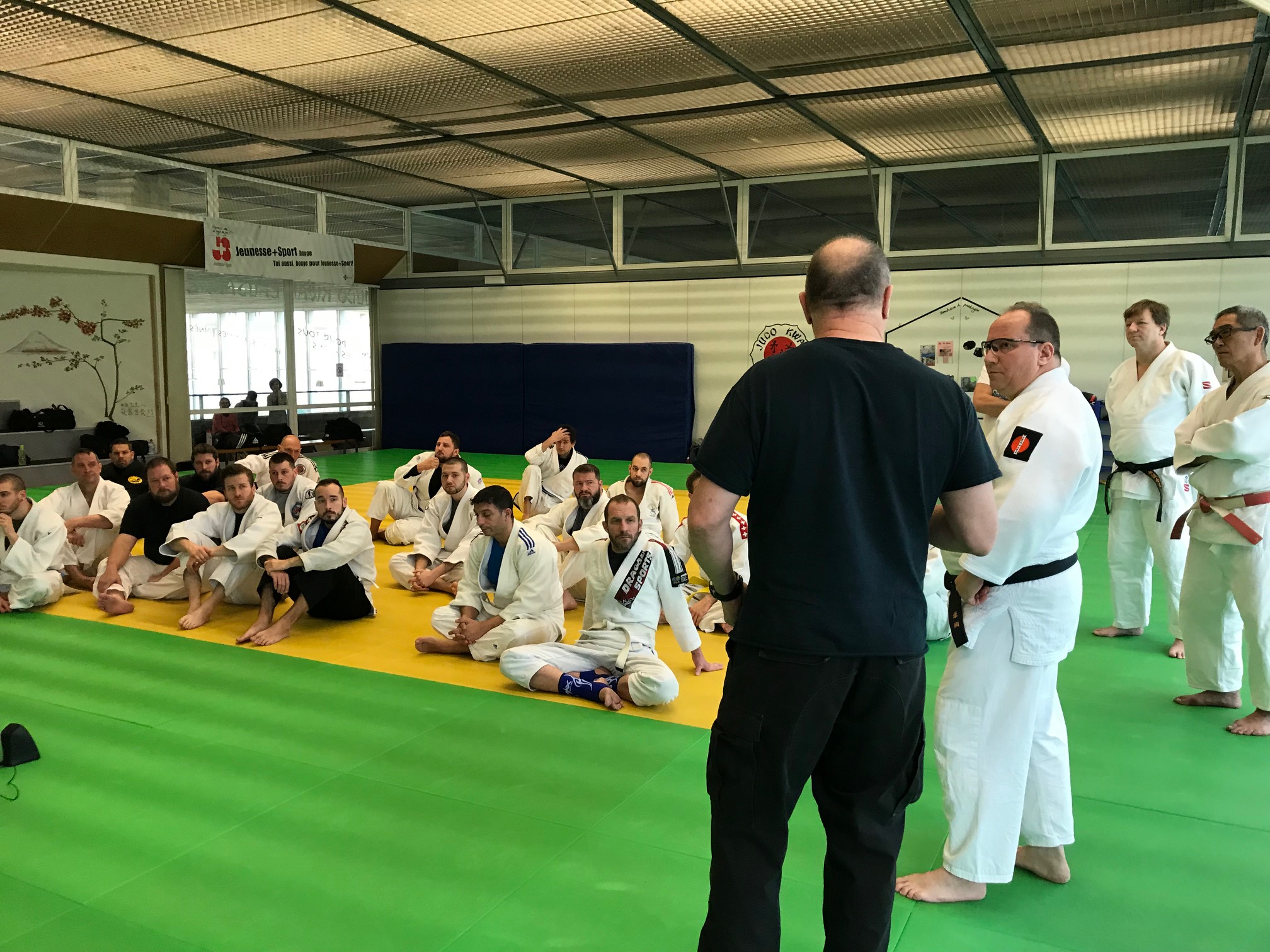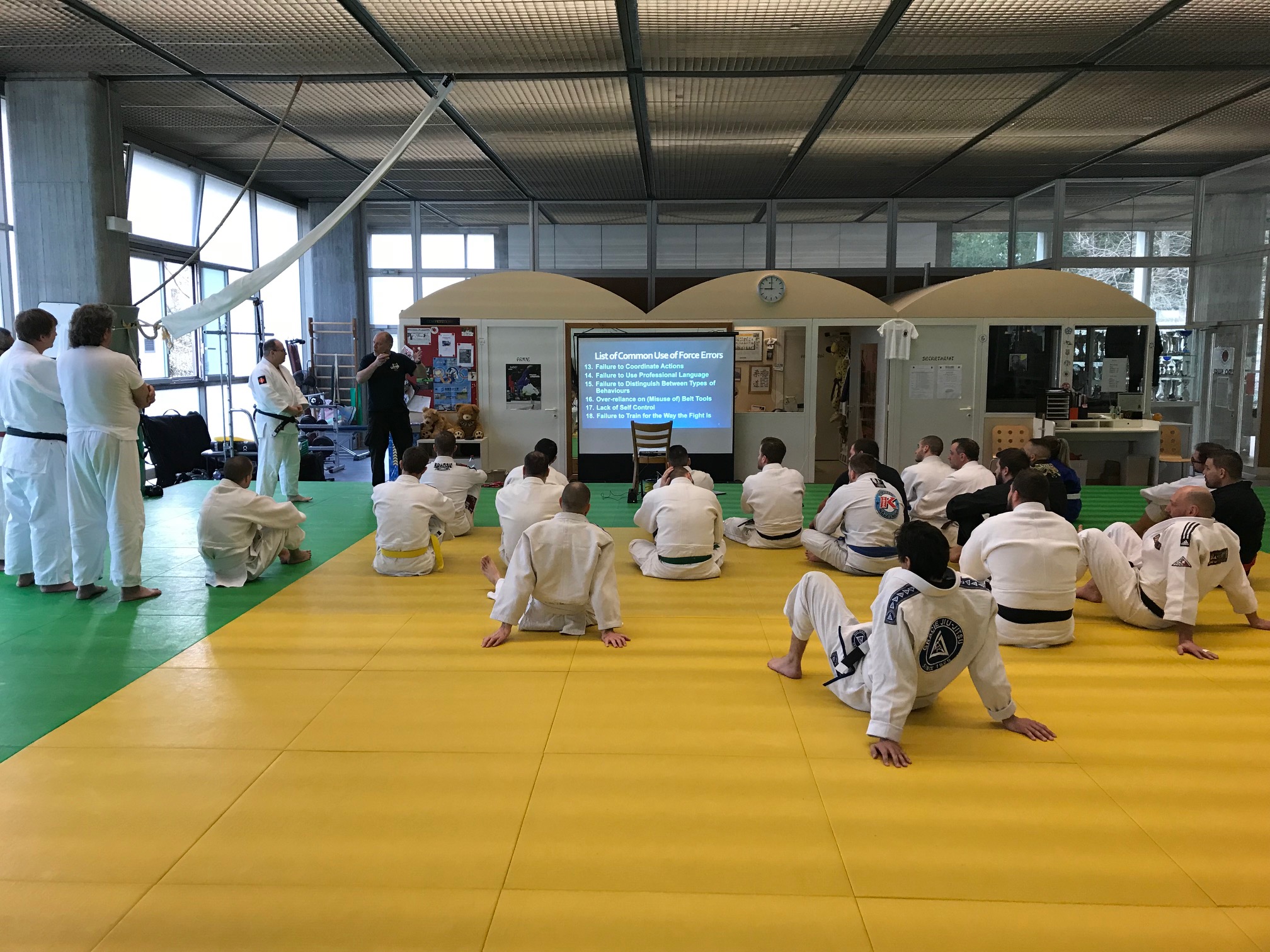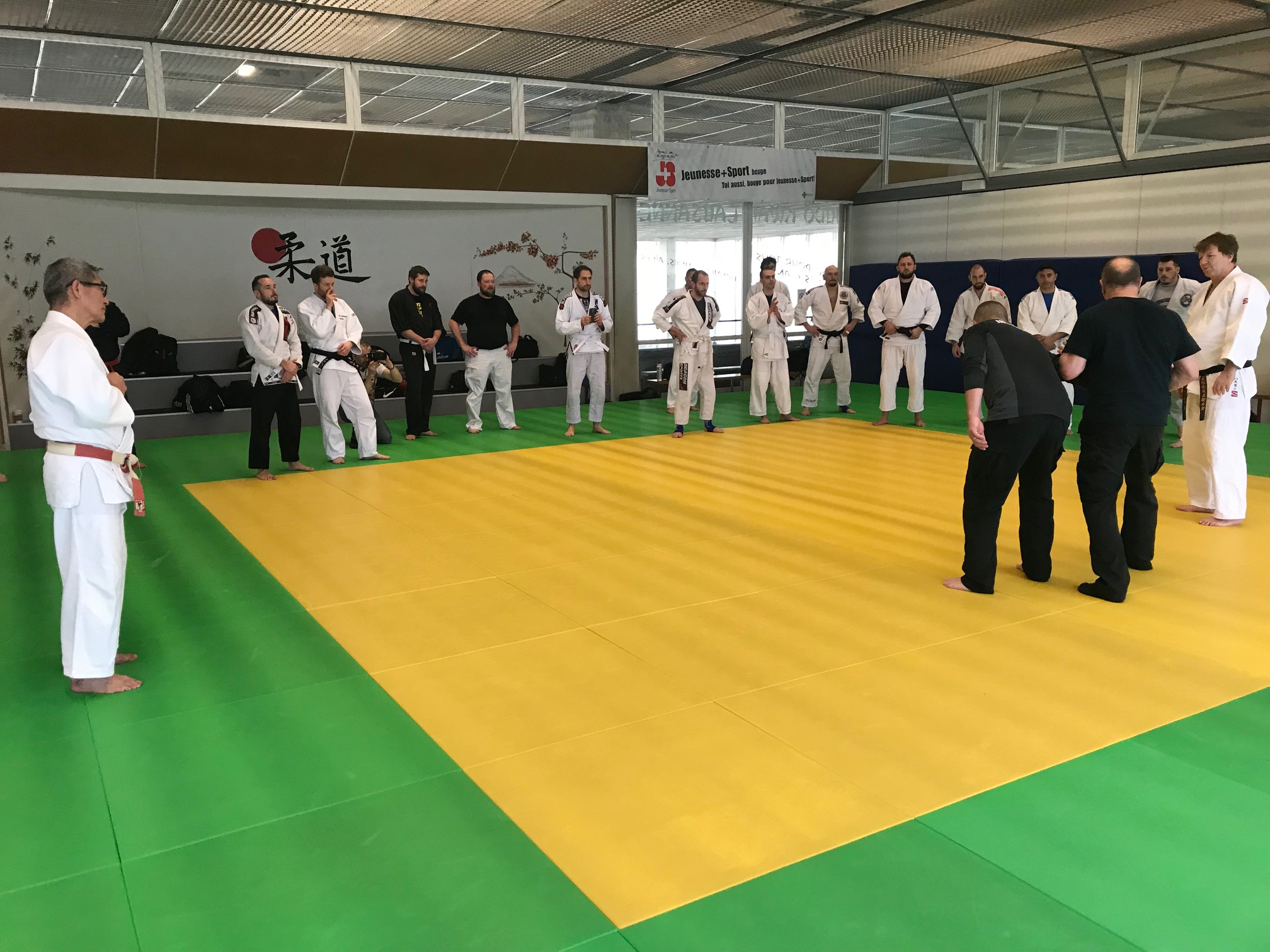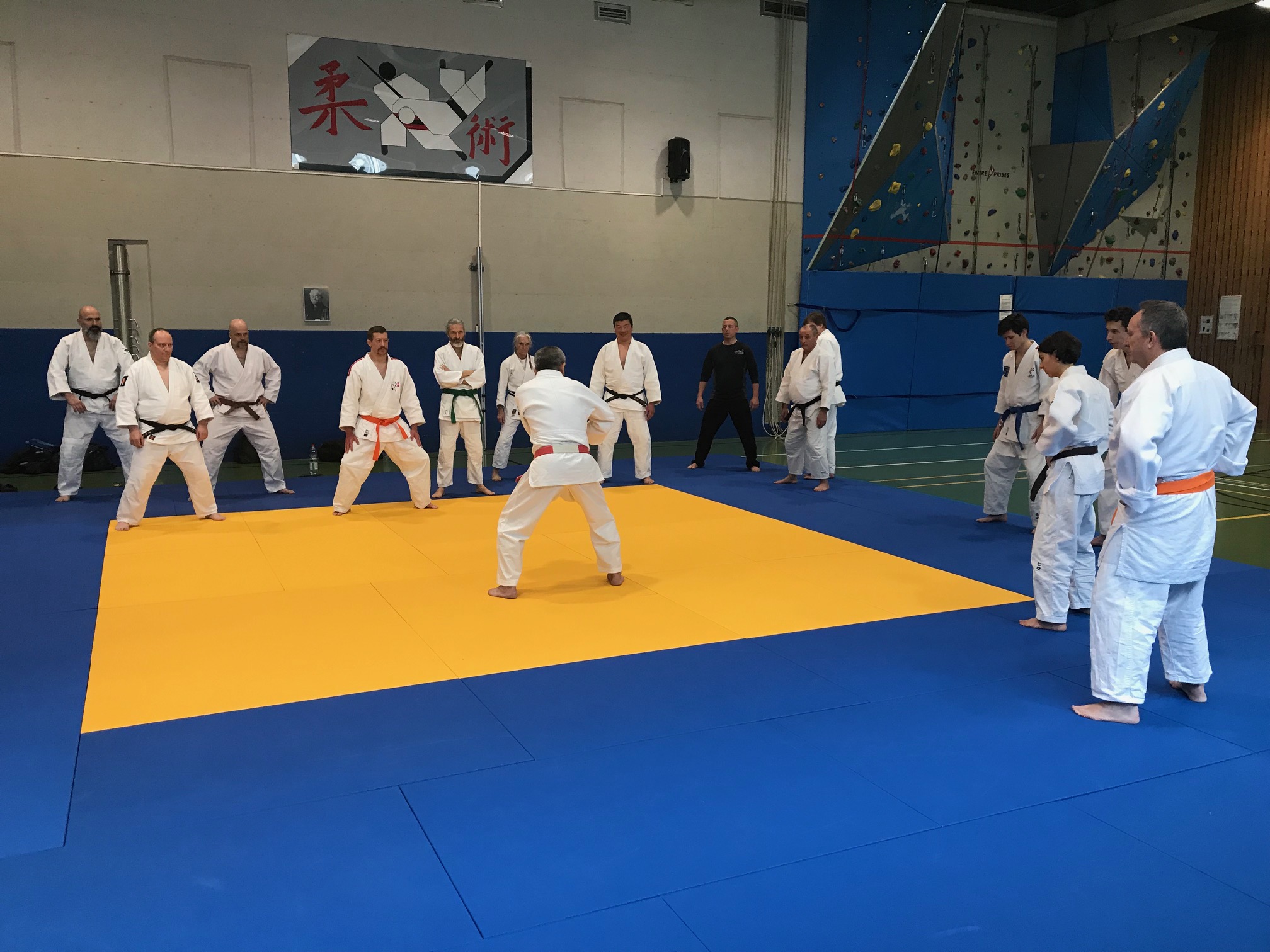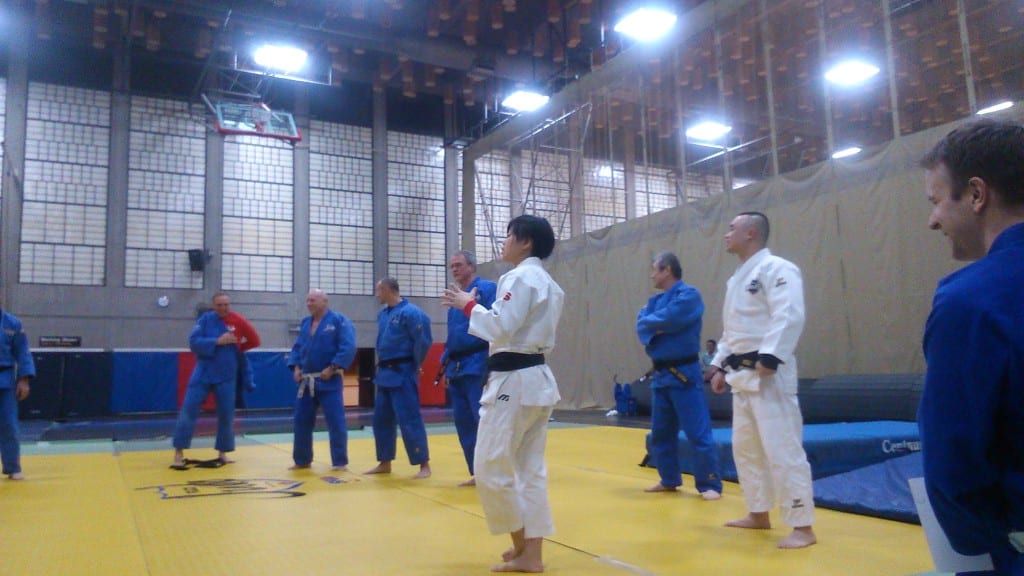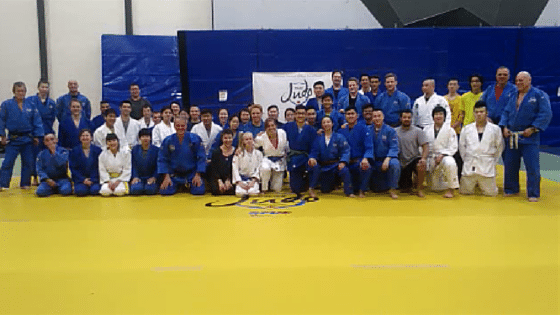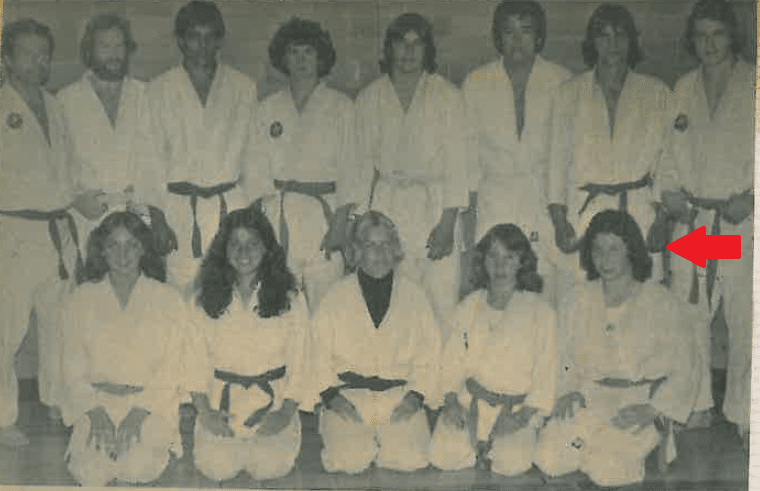Coaches Greeting Video
The past few months have been a challenge for our Police Judo programs (and judo in general) due to the COVID pandemic. We are now ready to move forward and incorporate all of the proper safety protocols for getting back on the mat in a safe and responsible fashion.
During the COVID slowdown, we have been working on our Odd Squad Productions facility (the home of Women's Police Judo) in Burnaby. In addition to improving our training space. we have transitioned Odd Squad's film production hub to include a state-of-the-art online studio. From this new studio, Odd Squad members have been delivering presentations on topics such as "Social Anxiety/Substance Use in COVID Times" with guest speaker Dr. Bill MacEwan as well as drug education presentations with Police Judo Instructor Mark Steinkampf and Cst. David Steverding.
Police Judo volunteers also assisted with the Flair Airlines “Uplifting” video campaign profiling the work of Police Judo partner OSP. Police Judo student Jane Denizmen has led a number of online core-based training workouts and is currently working on rebuilding our Police Judo website. Cst. Tsang, Trinh, S/Cst. Chin-I Hsiang, Coach Sandra Le Bris, VPD Head Instructor Brian Shipper and a number of other Police Judo members all helped provide a Police Judo greeting video for the VPD Cadets first ever on-line graduation.
A number of Police Judo Instructors and members were able to attend the annual VPD Use of Force Experts Clinic coordinated by Sgt. Brad Fawcett and hosting the top experts in this field. And finally, Police Judo volunteers contributed their time and helped Odd Squad Productions produce a top-quality training video for health care workers on how to take difficult individuals into safe custody.
The recent VPD Use of Force Expert Course with Force Sciences Theory and guest speaker Ret. Insp. Chris Bulter
CONGRATULATIONS!
Congratulations to VPD Police Judo member S/Cst. Brendon Frick and SFU Police Judo member Riley Turner who are both off to the Police Academy after being hired by VPD! And congratulations to SFU Police Judo student Isadora Dalpiaz on being hired as a Special Municipal Constable for VPD and VPD Police Judo Cadet Asst. Instructor Sandra LeBris on being hired for Transit Police! Let the adventure begin...
Police Judo would also like to congratulate the VPD Cadet Graduating Class of 2020 – we really enjoyed working with you this past year!
Police Judo Throwback
JIBC Police Judo Instructor Mark Steinkampf presents on drug education to West Point Grey Academy in the new OSP Online Presentation Studio
Our new hand-logged timber/hand-built check in counter for the Odd Squad training facility in Burnaby
Max monitors as Jane leads a core-based workout for Police Judo members at the Burnaby location
S/Cst. Chin-I Hsiang runs the 50-minute physical challenge on-line workout
Police Judo Junior Coach Launa cross-training on the firewood front!
Police Judo Junior Tobin and VPD Judo member/soon-to-be-Constable Brendon Frick take a break from old-school fitness training to get some school work done in the outdoor classroom!
Our first Police Judo Club to start back training under the BC Government Phase Two Re-Start program will be the Odd Squad Women’s Police Judo Club. The first practice will be on May 31st 2020 at our Odd Squad Police Judo Burnaby location.
OSP Police Judo Women’s Instructor Yuki Yokosawa and S/Cst. Chin-I Hsiang with the Women’s Police Judo Club
All our new COVID protocols are now posted on the Police Judo Website. We are also finalizing the training video for Police Judo COVID protocols and this will be sent to you shortly (thanks to all the Police Judo volunteers who assisted with this film day!). The first Police Judo practice will be open to Law Enforcement Judo Association members, but pre-registration will be required. We will be limiting the class to eight participants to provide ample training room, one instructor, one gatekeeper and cleaning staff.
Brendon filming the COVID training protocols for Police Judo
We will update all members as our other clubs come on line including VPD Day, VPD Night, SFU, SFU Juniors, JIBC, Kamloops, and Ray Cam.
We have also asked Big Vinnie to help us set up a COVID Police Judo Gi Sale. Details to come shortly on this.
Some of the Police Judo attire available at the Police Judo online store!
We look forward to seeing you all back on the mats, moving and doing judo again!
Best Regards,
Your Instructors - Police Judo
